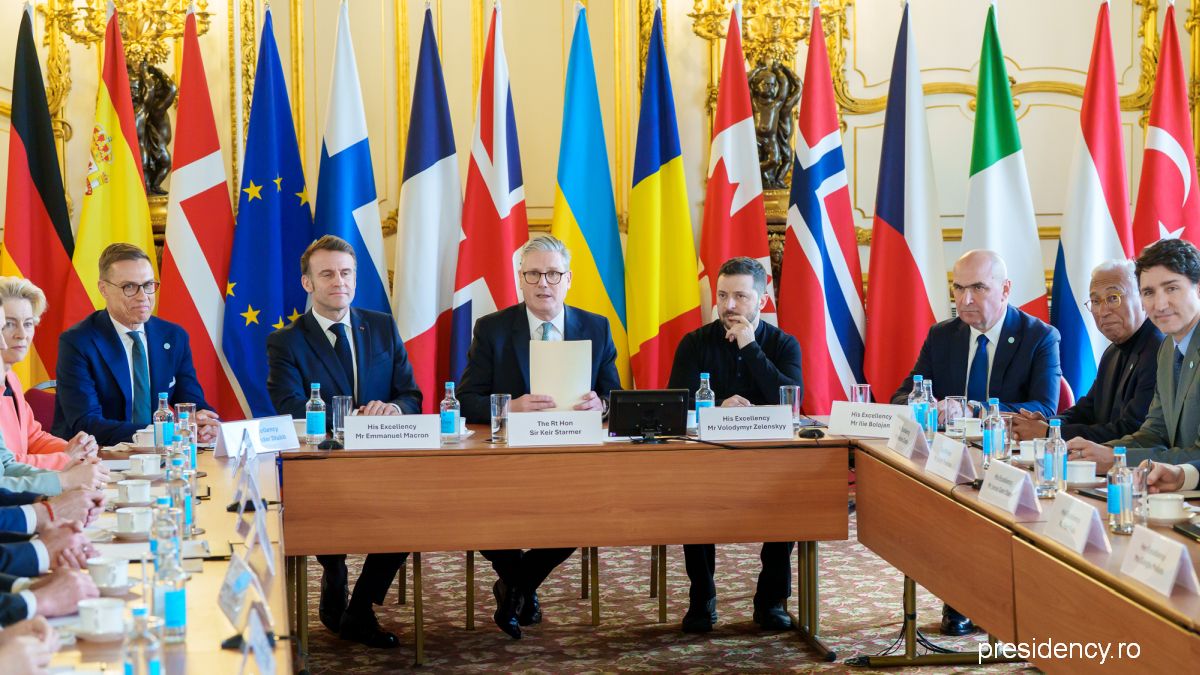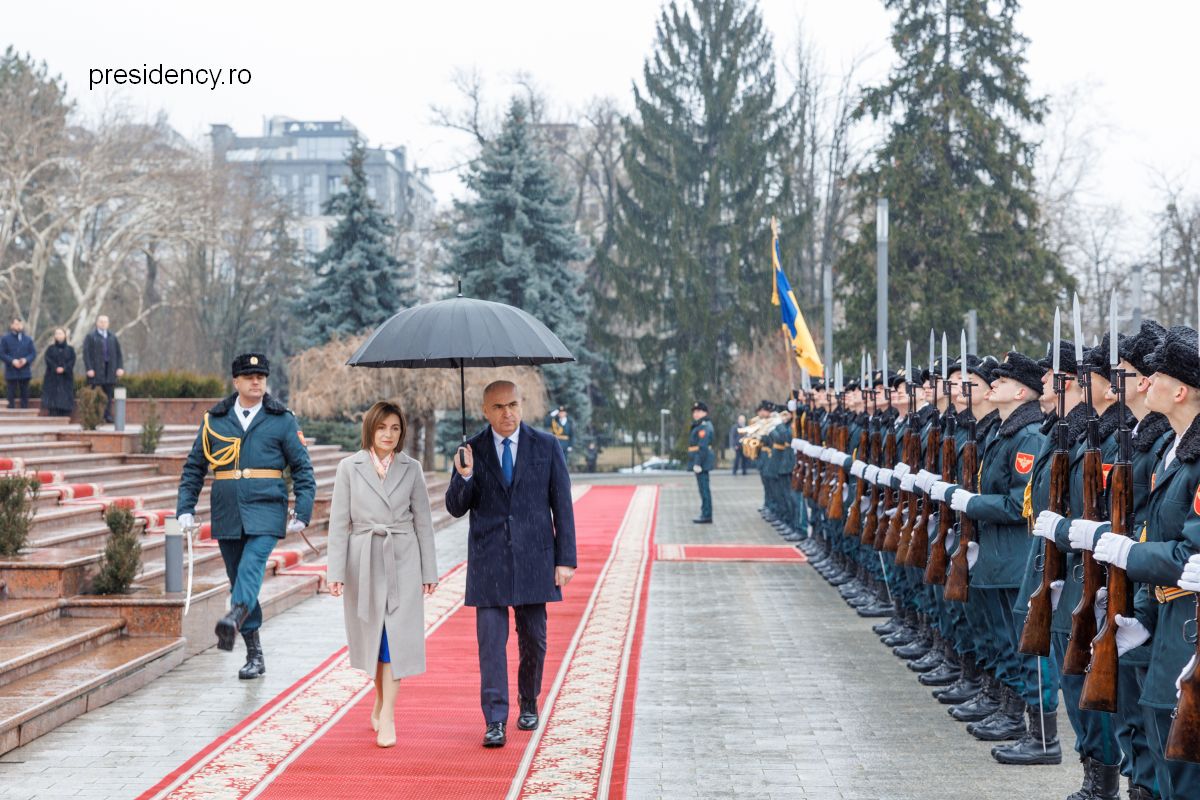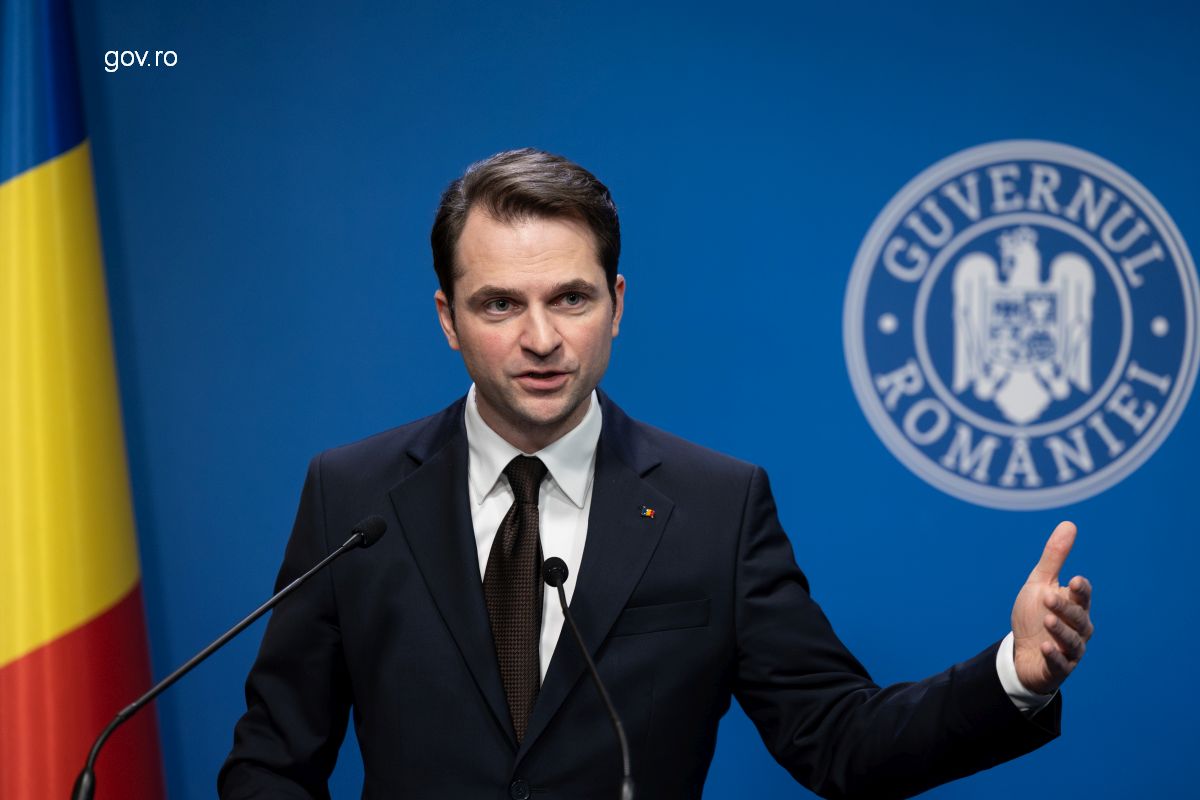“ABU Media 2020- Bringing media to the future” conference – day 1
The ABU Media 2020- Bringing media to the future conference, organized by Radio Romania and the ABU- Asia Pacific Broadcasting Union, continues today in Bucharest.

Radio România, 01.07.2015, 13:14
The representatives of the media industry from four continents are discussing the challenges to be faced by radio broadcasters in the context of increasing domination by other modern communication means such as the Internet or mobile telephony.
We have summed up several conclusions after yesterday’s debates.
According to Ovidiu Miculescu, the president and director general of Radio Romania, technology is way ahead of content and that media companies have to adapt to this technological boom, if they want to avoid having problems. Also, across the world, the media industry understood that they had to join hands in order to defend themselves against the global giants such as Facebook, Netflix, Youtube or Google, Ovidiu Miculescu added, and to that end they need to find solutions and be professional. Ovidiu Miculescu also concluded that despite all these technological breakthroughs, the spirit of television and radio is in good hands, in the sense that most of the speakers- and they are people with a lot of experience in the field, people who run organizations, who have a long career in the media- think that irrespective of how powerful the technology boom is, the spirit of radio and television is in good hands.
Javad Mottaghi, the secretary general of ABU: We are here to promote dialogue, we are here to listen to each other, to learn from each other and to exchange experiences that we have in our countries and in our regions. We are here to face the challenges that we might face within our countries and regions, and try to see how best we can change the challenges to opportunity. We are here to think globally, not locally, because we broadcasters are committed to our audience, and we are obliged to listen to our audience in each country and to learn from them and to fulfill the wishes of our audiences. We are here also to look at others, how they are doing, and how they are responding to the challenges. And this is what we do in Asia, think globally and act locally. And we are here to also focus on commonalities, and at the same time we analyse the differences with a view to reduce the gap, to reduce the differences and see, at the end of the day, how best to serve our members and our audience, as large as four billion audiences, in the huge network of the Asia-Pacific area.
Toshiyuki Sato, from NHK International, Japan, believes that the traditional broadcasting industry is getting eroded, but still the industry is maintaining its leadership position, because it is assimilating the new technologies. He says they have introduced the HD in television, so, in one way or another they have survived. When you broadcast news, you produce programs, you need professionalism, Toshiyuki Sato went on to say, so that from a wide range of offers on the market the people will choose more substantial contents. The radio offers a kind of audio image, but there is a structure that allows one to watch only TV and another to be able to listen only to the radio.
Due to the emergence of the Internet, Toshiyuki Sato said, this basic structure starts getting eroded. The two are mingled and he doesn’t believe there is a big difference between them. Despite all this, during the times of crisis- such as the 2011 earthquake, the people tend to listen to the radio, so the radio is simple but it has power, especially during such difficult times. So, if people don’t normally listen to the radio, Toshiyuki Sato went on to say, they will turn to the radio when something happens. So, radio broadcasters have to keep the audience used to listening to the radio. In order to do that, Toshiyuki Sato said, they need to create good news and programs.
Graham Ellis, deputy director of BBC Radio, believes that for the public mass media it is important to be aware of what differentiates them from the purely commercial mass media. At a closer look, it is about the way in which the public media are directly responsible towards the audience. It is about TV and radio audiences as citizens not just as customers, and the media have to recall that they have the duty to reflect the entire society from their counties, not only to offer good, independent news and political information, Graham Ellis went on to say, adding that they have to present society through art, culture and music.
Steve Robins, the vice-president of the WFMT network from the USA believes that they have a huge chance, they have the streaming and the podcast. A podcast, a documentary had 40 million downloads in 3 months, he said. It is a huge number, just like in the case of the Superbowl. He says they are part of the media, his program explores music, their archive has 200 weeks of programs, thousands of hours of recordings. They have 2 thousand subscribers. He believes they will come out of this situation more powerful.






























